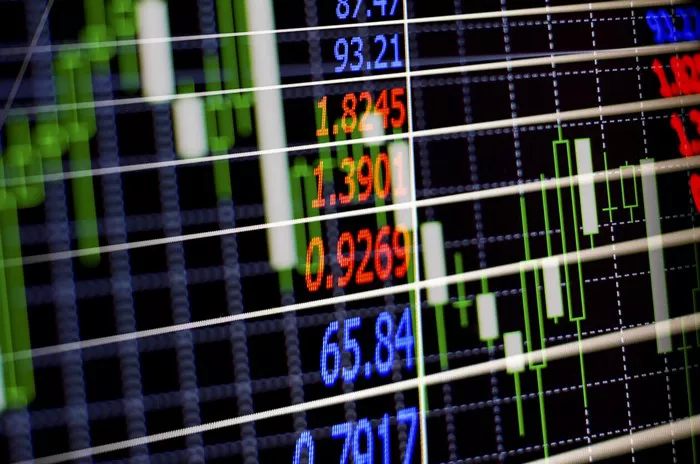In the world of financial markets, both futures and forex (foreign exchange) trading offer enticing opportunities for investors and traders.
Understanding Futures Trading
Before we delve into the comparison, it’s essential to have a clear understanding of both futures and forex trading:
Futures Trading: Futures are standardized financial contracts that obligate the parties involved to buy or sell an underlying asset at a predetermined price on a specified future date. These contracts cover a wide range of assets, including commodities, stock market indices, interest rates, and currencies. Futures markets operate on organized exchanges, providing transparency and centralized clearing.
Forex Trading: Forex, or foreign exchange, trading involves the buying and selling of currencies in a decentralized over-the-counter (OTC) market. Forex is the largest and most liquid financial market globally, where participants trade currency pairs like EUR/USD and USD/JPY.
Now, let’s explore the reasons why futures trading is often considered superior to forex trading.
1. Transparency and Regulation
Futures markets are highly regulated, with transactions taking place on organized exchanges. This regulation ensures transparency in pricing, order execution, and market integrity. In contrast, the forex market lacks centralized oversight, leading to concerns about transparency and fair pricing.
2. Diverse Asset Classes
Futures markets offer a diverse range of asset classes beyond just currencies. Traders can access commodities like gold, oil, and agricultural products, as well as equity indices, interest rates, and more. This diversity allows for greater flexibility in trading and portfolio diversification.
3. Leverage and Risk Management
While both futures and forex markets offer leverage, futures contracts often provide more structured and standardized leverage options. Futures traders can manage risk more effectively by choosing contracts with suitable leverage ratios. In forex, leverage can vary significantly among brokers, making it more challenging for traders to control risk consistently.
4. Clearing and Counterparty Risk
Futures contracts are typically cleared through a central clearinghouse, which acts as a counterparty to all trades. This arrangement reduces counterparty risk, as the clearinghouse ensures the fulfillment of contracts, even if one party defaults. In forex, traders face counterparty risk, as transactions occur directly between participants or through a broker.
5. Trading Hours and Accessibility
Futures markets have well-defined trading hours, creating structured sessions for trading. This predictability can be advantageous for traders who prefer scheduled market activity. Forex, on the other hand, operates 24 hours a day, five days a week, which can lead to continuous market exposure and potential fatigue for traders.
6. Order Execution
Futures markets offer various order types, including market orders, limit orders, and stop orders, with precise execution on centralized exchanges. Forex traders may face issues with order execution, especially during periods of high volatility or low liquidity.
7. Information Availability
Futures traders benefit from comprehensive data and research available from organized exchanges. This information includes real-time prices, volume, and historical data. Forex traders may have to rely on multiple sources for market data, leading to potential discrepancies and inefficiencies.
8. Scalability and Liquidity
Futures markets often have high liquidity, making it easier to execute large trades without significant price slippage. Forex markets can also provide liquidity, but this varies by currency pair and trading time.
9. Reduced Manipulation Risks
The centralized nature of futures exchanges reduces the risk of market manipulation. In contrast, the decentralized structure of the forex market may expose traders to potential manipulation and irregularities, particularly in less regulated regions.
10. Clear Taxation Rules
Futures trading is subject to clear taxation rules in many countries, simplifying the reporting process for traders. Forex taxation can be more complex and varies depending on jurisdiction and trading activity.
Conclusion
While both futures and forex trading offer unique opportunities, futures trading often stands out as a more transparent, regulated, and diverse market. The advantages of futures trading, including greater transparency, risk management tools, asset diversity, and centralized clearing, make it a preferred choice for many traders seeking a structured and regulated environment.
It’s essential for traders to assess their specific goals, risk tolerance, and preferences before choosing between futures and forex markets. While futures trading offers distinct advantages, it’s important to note that both markets require comprehensive knowledge, risk management, and a well-defined trading strategy to succeed. Ultimately, the decision between futures and forex should align with individual trading objectives and comfort levels within each market’s unique characteristics.

